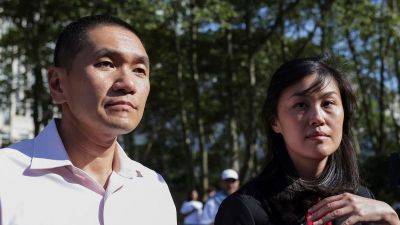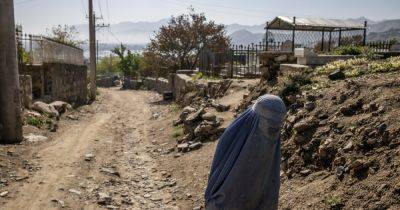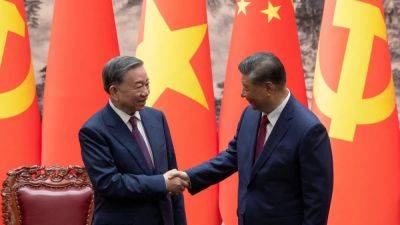The Taliban’s repression of women in Afghanistan is outrageous, the UN rights chief says
ISLAMABAD (AP) — The Taliban’s repressive control over women and girls in Afghanistan is unparalleled and will jeopardize the country’s future, the U.N. rights chief warned Monday.
Volker Türk said new morality laws that ban women’s voices and bare faces in public, along with sweeping bans on education and most jobs, were outrageous and amounted to systematic gender persecution.
“I shudder to think what is next for the women and girls of Afghanistan,” Türk told the U.N. Human Rights Council in Geneva. The Taliban were not immediately available for comment.
The Taliban — who took over Afghanistan in 2021 during the final weeks of U.S. and NATO withdrawal — have excluded women from most areas of public life and stopped girls from going to school beyond sixth grade, despite initial promises of a more moderate rule.
They are also restricting women’s access to work, travel and health care if they are unmarried or don’t have a male guardian, and punishing those who don’t comply with the Taliban’s interpretation of hijab, or Islamic headscarf.
The Taliban last month issued the ban on women’s voices in public under new laws approved by the supreme leader in efforts to combat vice and promote virtue.
“I want to make clear my abhorrence of these latest measures, which include forbidding even eye contact between women and men who are not related and imposing mandatory covering for women from head to toe, including their faces,” Türk said.
Taliban policies are propelling Afghanistan further down a path of isolation, pain and hardship, he added.
Last year, the U.N. Office for the Coordination of Humanitarian Affairs said the country needs $4.62 billion in aid for nearly 24 million people in need. The Taliban takeover drove millions into







